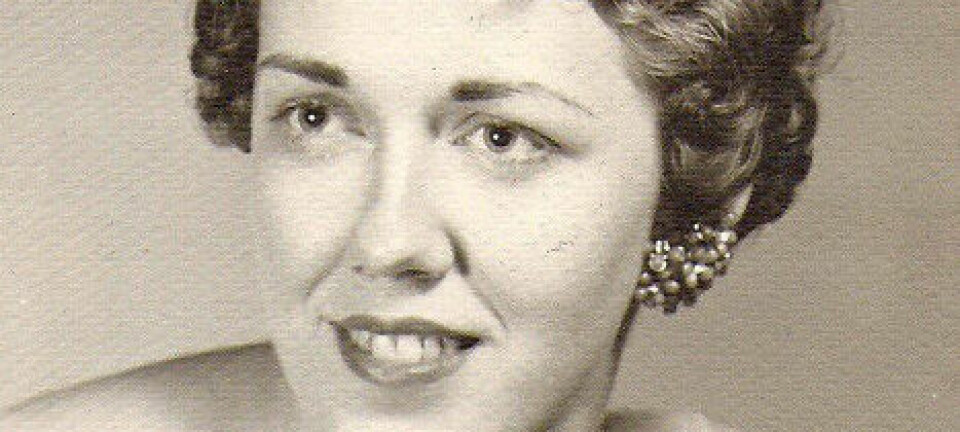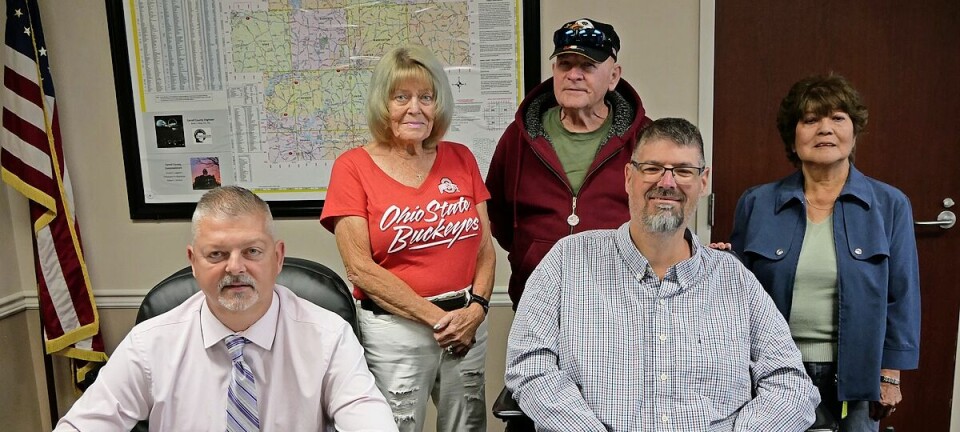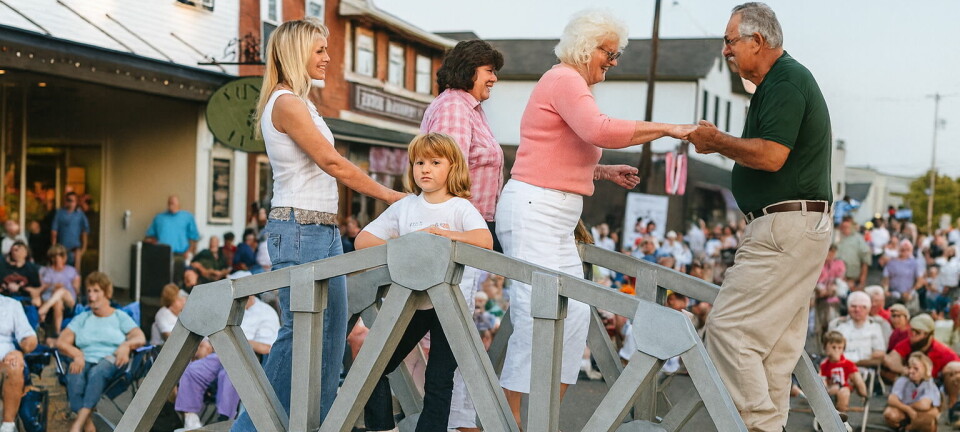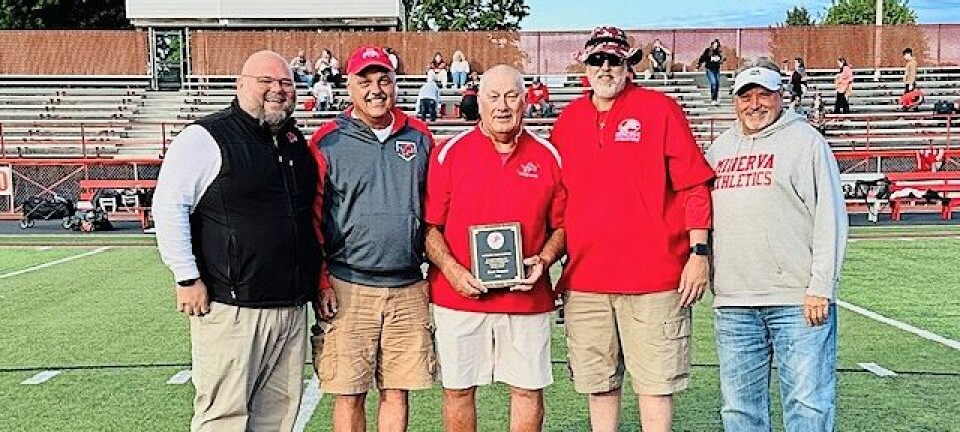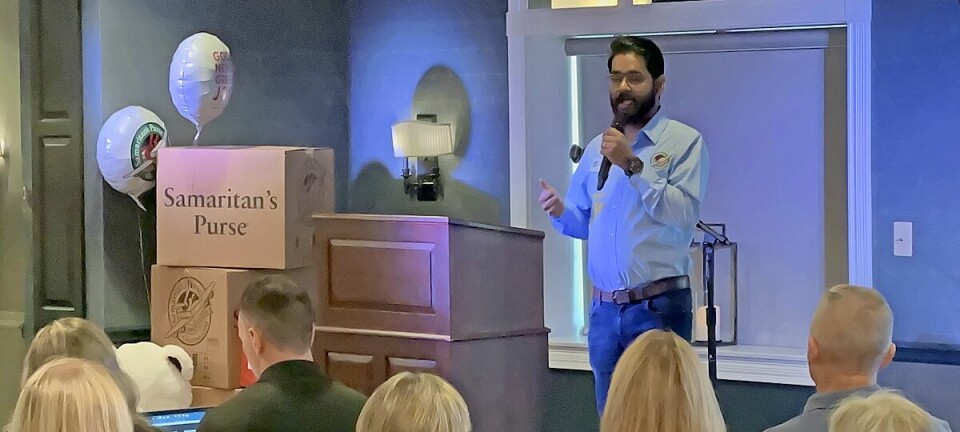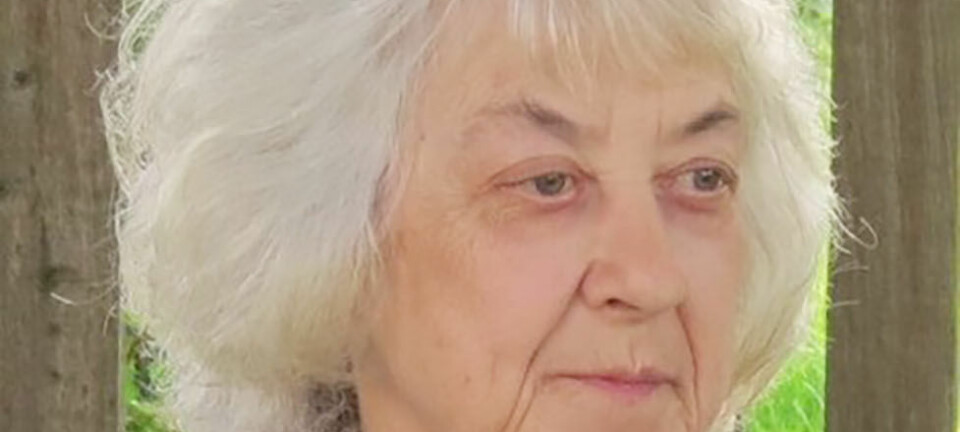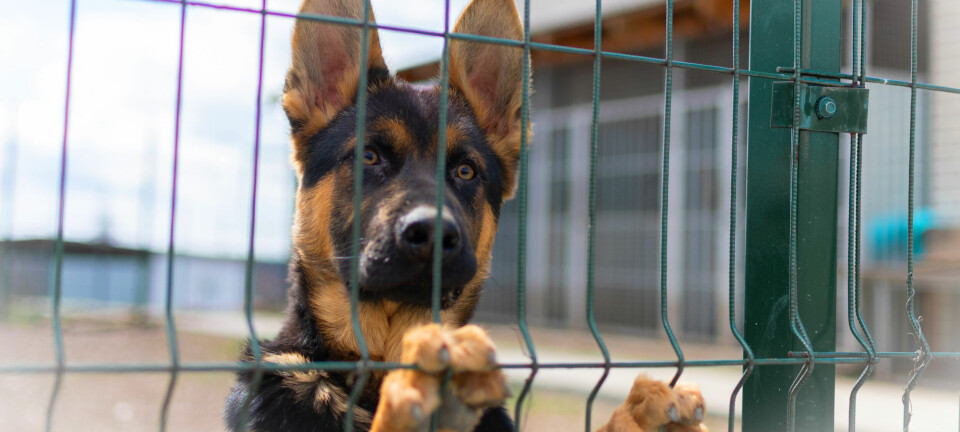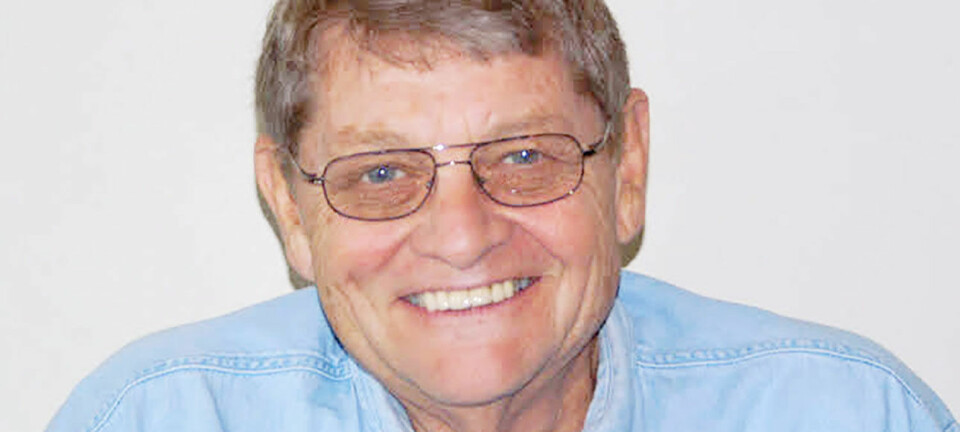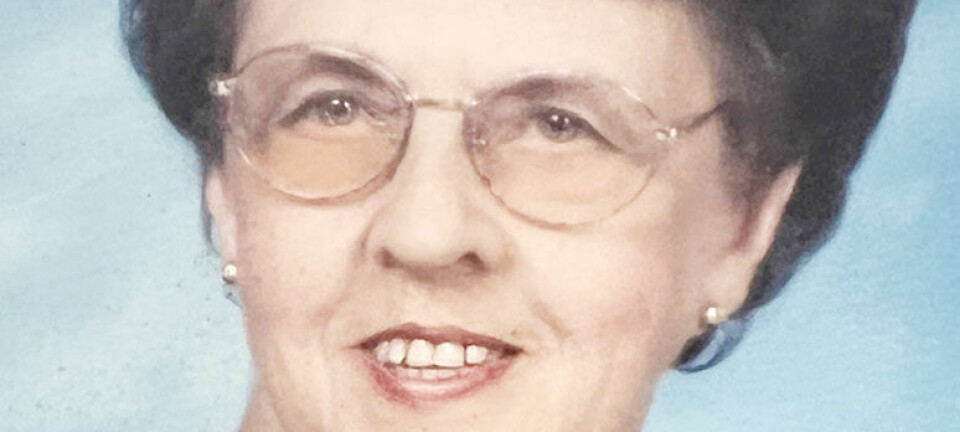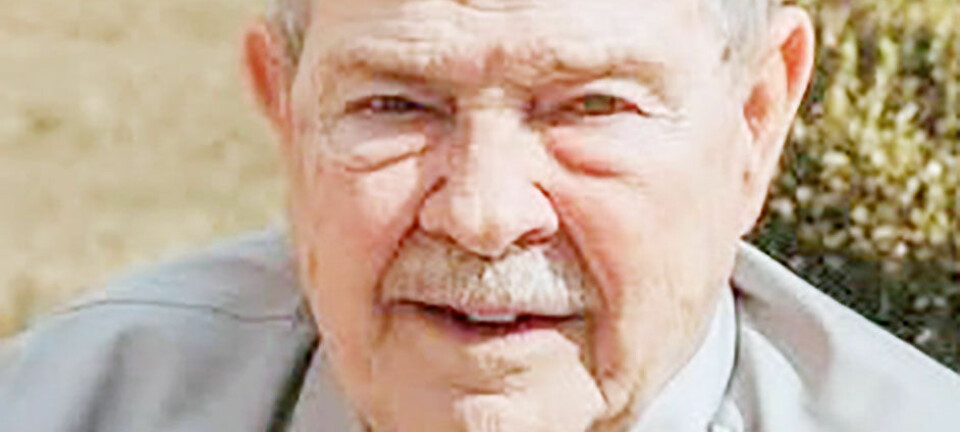Ray Becks near-death experience in Vietnam helps him appreciate life

A half a century ago Ray Beck had death come hurtling at him.According to Beck, who was serving in the Vietnam War in 1970, God simply wasnt through using him yet.Beck was stationed in Vietnam and was serving with the Second Battalion, Fifth Marines from August 1969 to August of 1970.He had the unenviable task of crawling knee-deep in mud, water and rice paddies as U.S. troops gave everything they had for their country in the name of freedom.After boot camp Beck was transferred to Da Nang, where he spent countless hours scurrying through the rice paddies with danger lurking around every tree and over every hill.His life serving the Army was spent traipsing through the jungles and traversing mountainous terrain in a world that was completely foreign to him.We spent a lot of time crawling through muddy rice paddies and trying to work our way through elephant grass that was so high you didnt know what you might find because you couldnt see anything, Beck said. It was miserable, and it was so stinking wet and hot all the time. It was just a foreign place that was so far from home and different than what we were used to, and no matter what you did or where you were, you were constantly in fear for your life.The Vietnam War had taken Americas bravest fighting men and turned their worlds upside down as they tried to make it through the war one day at a time and even hourly and down to the minute. Thus was the intensity of war at its ugliest.If anyone tried to tell you they werent scared, they werent telling the truth, Beck said. We were in danger every minute we were over there fighting, and you never knew when it might be your turn.Beck was one of the fortunate ones to survive. He has seen the names of his fellows soldiers who were not as fortunate on the Vietnam Veterans Memorial in Washington, D.C.He is grateful each day he has here on earth, and he also mourns the loss of the multitude of men who gave their lives in an unforgiving war.He said the one thing that helped carry him through the experience was the love and respect of his fellow soldiers serving their country.I have not seen any of those guys since I left, but I know I will never forget them, Beck said of his fellow GI members. Their faces are ingrained in my mind. I was as close to them as I am with my own family.That kind of passion and sense of family is the result of when a person is committed to others in the fight for survival.We depended on each other to stay alive, Beck said. That term band of brothers is so right. That was what we were: brothers. There was no race, no division and no conflict we wouldnt do, whatever it took for us to survive.If I didnt have his back and he didnt have mine, we didnt have much of a chance to survive.How real was the danger and how close to death did Beck actually come? He earned a Purple Heart, one of the Armys highest honors, during battle.As U.S. Army troops were engaged in battle, an artillery shell came lobbing in, hitting Beck in the right shoulder. Miraculously it didnt explode.The instrument of death was a 105 illumination canister, the Armys choice of artillery that would shoot out into the night sky during battle to light up a battle zone.According to Beck, the Vietcong army members would come through and gather up the empty canisters, fill them with explosives and use a catapult to launch them back across enemy lines and into the area the United States soldiers were encamped.They had learned to use the U.S. Armys own weapons against them.Usually when those bombs came in, they exploded on first contact, Beck said. That one hit my right shoulder, bounced off and never did explode. I guess the good Lord wasnt done with me yet.The last time the rolling Vietnam Memorial Wall was in Holmes County, Beck took his wife to the wall and respectfully pointed to the spot where his name could have easily been had that makeshift bomb gone off as intended.I had buddies on that wall who I served with on that same day, Beck said. That could have just as easily been me.Beck received the Purple Heart for that moment and for his service and has been grateful for every moment since that day. Following his service, Beck came back to the United States and worked in a factory and as a janitor for West Holmes and Triway High Schools before retiring.Beck is now going through Hospice training to become a registered Hospice caregiver. Having gone through the anguish of seeing those around him who he cared about so many years ago pass away, he said he feels led to serve in this new capacity of helping others.





